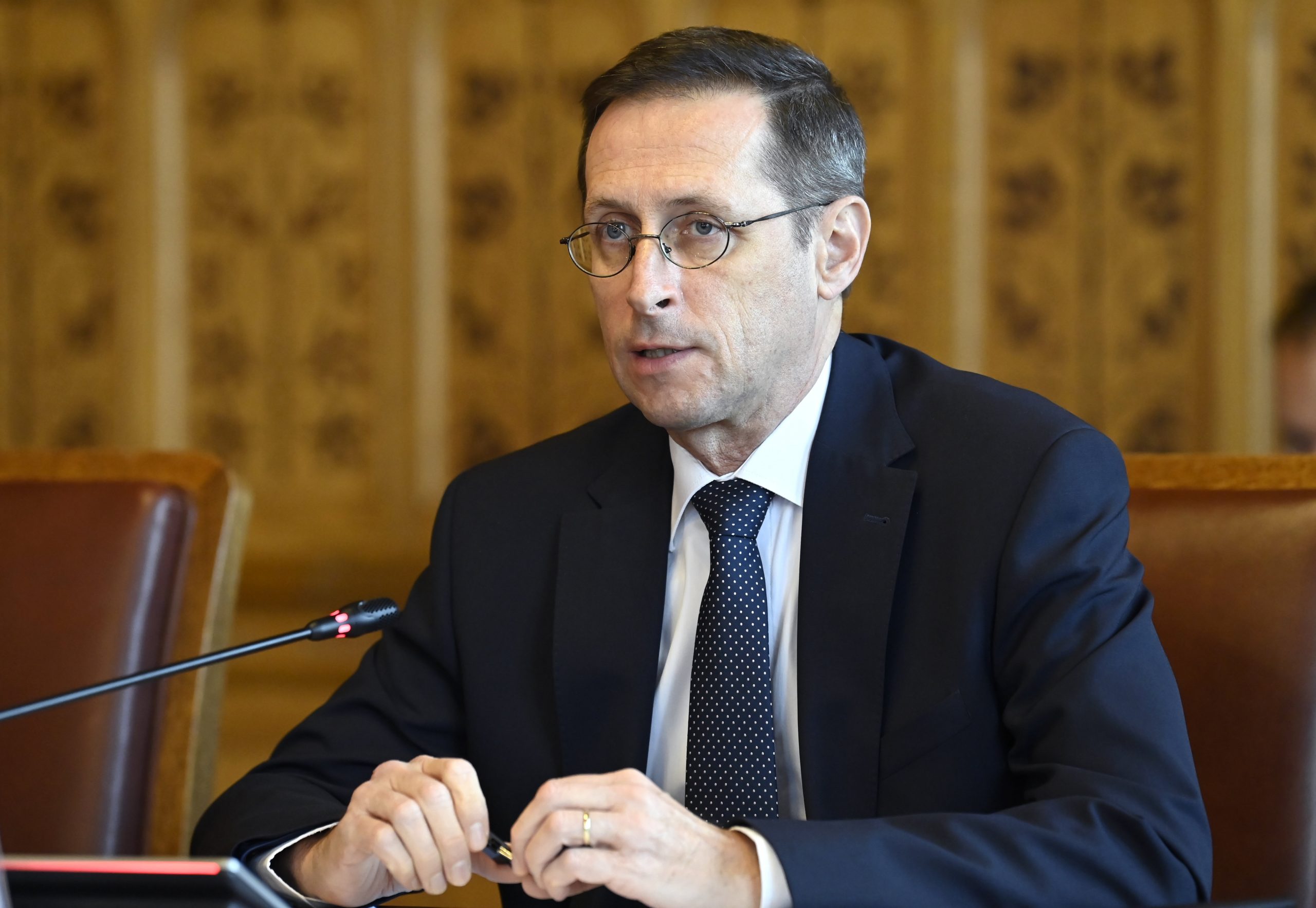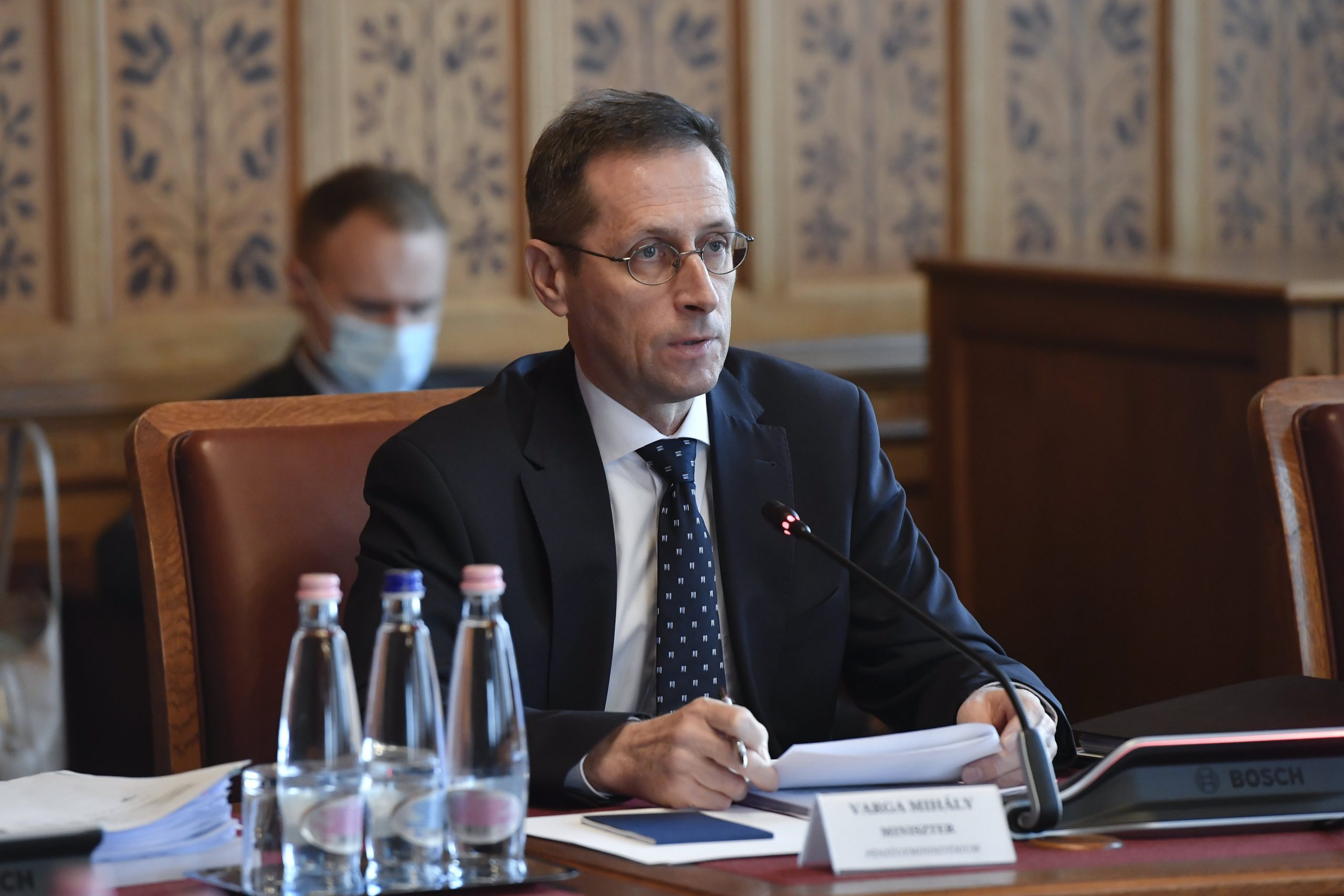
Among others, the spending cuts will seriously affect the opposition-led capital city, and next year's investments.Continue reading

Hungary’s economy grew by 6.4 percent this year as opposed to a contraction of 6.6 percent the year after the 2008 crisis, Mihály Varga, the finance minister, said on Facebook.
Also, there are now 4.7 million people in employment, one million more than twelve years ago, he said, adding that the jobless rate has declined from 12 percent in 2009 to 3.8 percent today.
Meanwhile, average earnings before tax have gone up from 198,000 forints (EUR 535) to 428,000, while the minimum wage is increasing to 200,000 forints on Jan 1, from 75,500 in 2009.
Personal income tax has declined from 36 percent to 15 percent, while from Jan 1. tax on employment will have decreased from 33.5 percent to 13 percent. The government also slashed the corporate tax rate from 20 percent to 9 percent, Varga noted.
The value of investments this year came to 15,000 billion forints as against 5,500 billion in 2009, the minister noted.
And whereas industrial production shrank by 17.7 percent in the year after the previous crisis, it grew by 11 percent this year, he said.
Public debt held by foreigners has halved from 60 percent to 30 percent, Varga noted, adding that the proportion of foreign currency loans held by households has gone down from 67 percent to 0.5 percent.
Government spending on debt servicing, meanwhile, has shrunk from 4.1 percent to 2.3 percent, according to the table presented by the minister.
Featured image via Szilárd Koszticsák/MTI